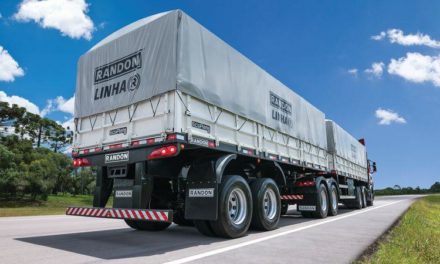By Alzira Rodrigues | Translated by Jorge Meditsch
The CEO and president of Audi Brasil, Daniel Rojas, celebrated the brand’s good result registered in September in an event this Thursday, 10/6, in São Paulo when Audi delivered an adapted Hybrid Q5 to the Confederação Brasileira de Voleibol para Deficientes. With 798 units licensed, Audi was the premium segment vice-leader last month, with 22% of this selective market.
The German manufacturer, which has an industrial unit in Paraná, where it produces the Q3, lost share this year due to the global lack of parts in the sector, including wiring harnesses and semiconductors. According to Cláudio Rawicz, Audi do Brasil’s communication and marketing director, from the total to be sold this year, 35% were negotiated in the first semester, and 65% shall be sold in the second half of the year.
Including 12 brands, the premium segment is led in Brazil by BMW. Volvo Cars, Mercedes-Benz, Maserati, Ferrari, Jaguar Land Rover and Tesla are also part of this market. In the first nine months of the year, they sold together 27,044 units, 18.6% less than the 33,328 commercialized in the same period last year.
Audi sales up to September totalized 3,740 units, 22% less than in the first three quarters of 2021. Its share fell from 14.4% to 13.9% in the same period. But with the arrival of a larger volume of products in the second semester and the introduction of the Q5 Hybrid in July, the brand wants to overcome 6 thousand units in the year, closer to the 6,380 sold last year.
According to Audi Brasil’s CEO, in September were sold 279 units of the Q3, 241 of the traditional Q5 and 340 electrified models – 185 Hybrid Q5s and 155 Audi e-Tron. The figures show an expressive 42% participation of electric and hybrid models in the brand’s business in the country.
Photograph: Audi
- Vendas financiadas recuam e Anfavea teme pela alta dos juros - 12 de maio de 2025
- Bosch vai nacionalizar mais uma etapa do ESP, com produção da ECU em Campinas - 9 de maio de 2025
- Fatia dos carros chineses atinge 6% e venda de nacionais fica estagnada - 8 de maio de 2025









